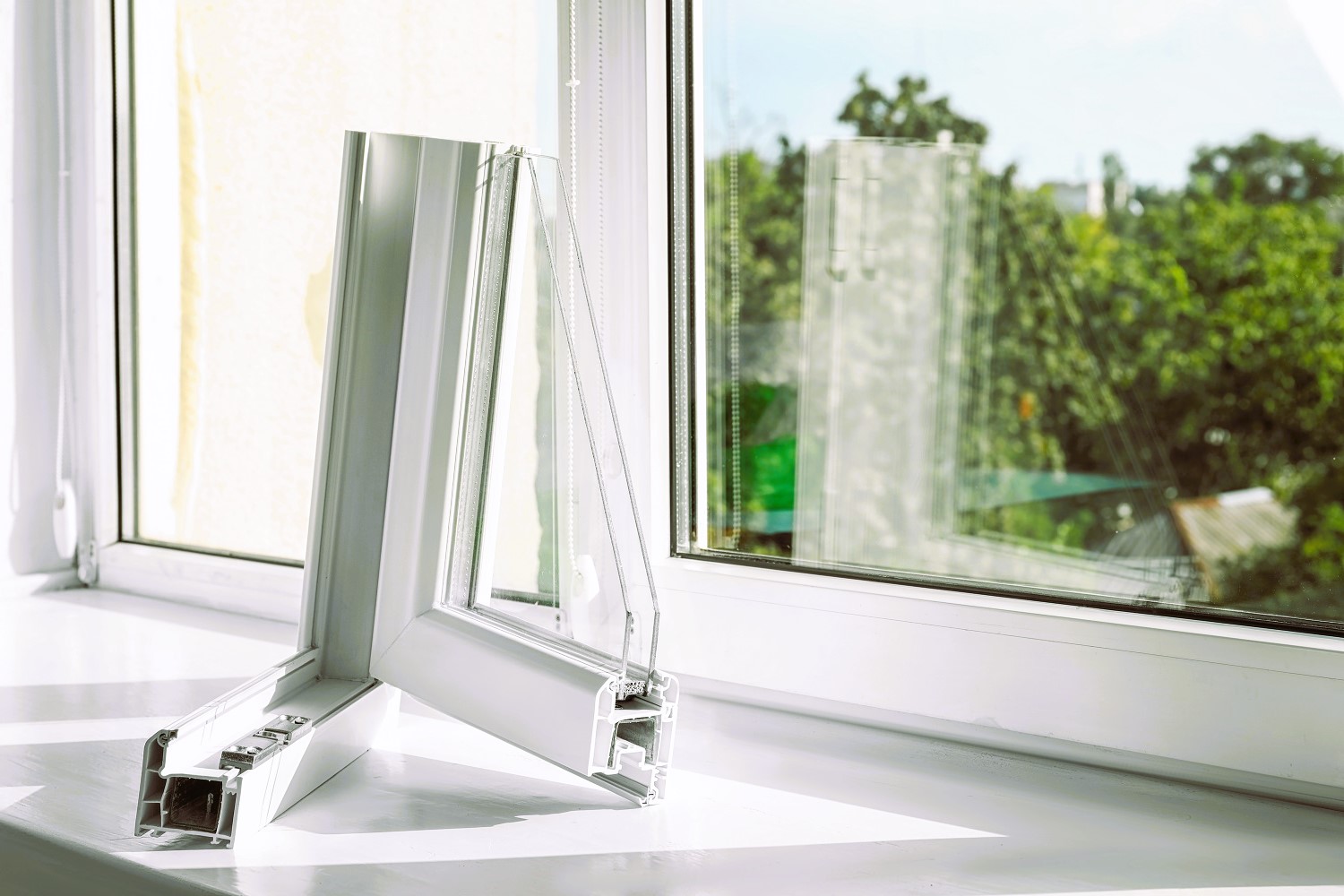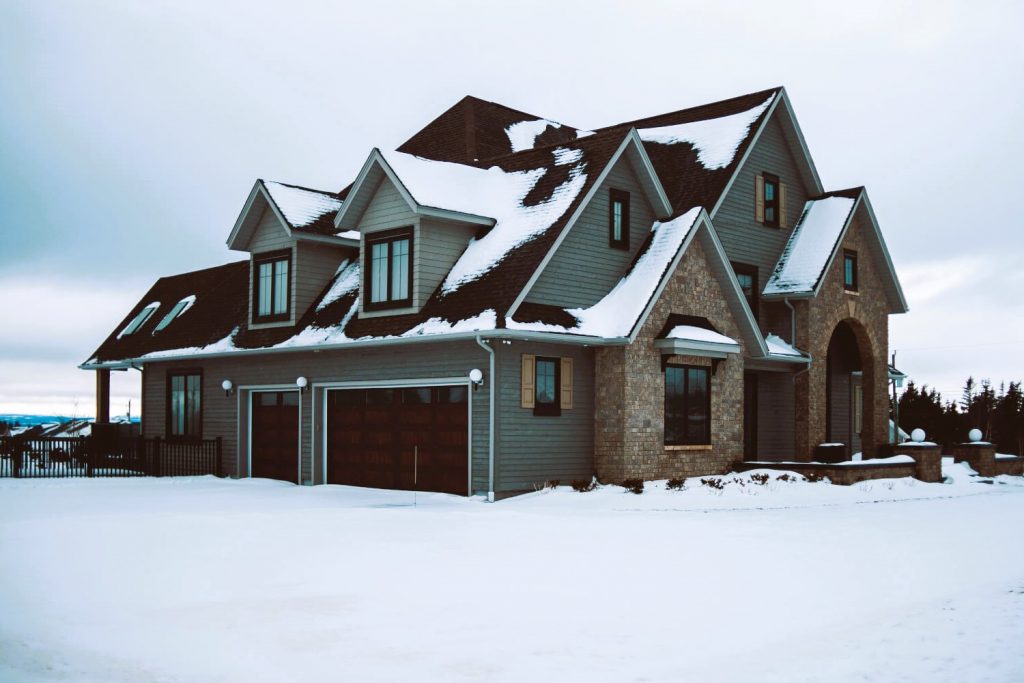
Choosing the right window materials is crucial for Canadian homeowners, considering the country’s diverse climate and weather conditions. The windows in your home serve as a barrier between the interior and exterior environment, impacting energy efficiency, insulation, and overall comfort. In this article, we will explore various window materials and their suitability for the Canadian climate, helping you make an informed decision for your home.
Vinyl Windows:
Vinyl windows are a popular choice in Canada due to their durability, energy efficiency, and low maintenance requirements. They are made from polyvinyl chloride (PVC) material, which offers excellent insulation properties, making them well-suited for the Canadian climate. Vinyl windows provide thermal resistance, reducing heat transfer and maintaining a consistent indoor temperature. They are also resistant to moisture, warping, and fading, making them suitable for areas with high humidity or extreme temperature fluctuations. Additionally, vinyl windows are available in a wide range of styles, colors, and finishes, allowing homeowners to customize their look according to their preferences.

Fiberglass Windows:
Fiberglass windows are known for their exceptional strength, durability, and energy efficiency. They are composed of glass fibers embedded in a resin material, resulting in a strong and stable window frame. Fiberglass windows offer excellent insulation, preventing heat loss during cold Canadian winters and minimizing heat gain in hot summers. They are resistant to warping, expanding, and contracting, making them an ideal choice for regions with extreme temperature variations. Fiberglass windows also have low thermal expansion rates, reducing the risk of seal failures and air leakage. With their longevity and minimal maintenance requirements, fiberglass windows are a reliable option for Canadian homeowners. Finding the perfect style for your Canadian residence, read our guide.
Wood Windows:
Wood windows have a classic and timeless appeal, adding warmth and charm to any home. In terms of insulation, wood is a natural insulator and provides excellent thermal performance. However, wood windows require regular maintenance to protect against moisture damage, rot, and pests. Canadian homeowners considering wood windows should opt for high-quality wood species, such as cedar or mahogany, known for their durability and resistance to decay. Proper sealing, finishing, and periodic maintenance are essential to ensure the longevity and performance of wood windows in the Canadian climate.
Aluminum Windows:
Aluminum windows are lightweight, strong, and offer a sleek and modern aesthetic. They are often chosen for their durability, low maintenance, and affordability. However, aluminum is a highly conductive material, which can result in poor insulation properties if not properly designed. To enhance energy efficiency, aluminum windows are typically equipped with thermal breaks or thermal barrier technologies. These features help reduce heat transfer, increase insulation, and improve overall energy performance. Aluminum windows are resistant to corrosion and are well-suited for coastal regions or areas with high humidity. They are also highly durable and can withstand extreme weather conditions, making them suitable for Canadian climates.
Composite Windows:
Composite windows combine different materials, such as wood fibers and thermoplastics, to create a window frame that offers the benefits of multiple materials. This combination results in a window that is strong, durable, and resistant to moisture, decay, and rot. Composite windows provide good insulation properties, similar to wood, while requiring less maintenance. They are less susceptible to expansion and contraction due to temperature variations compared to wood windows. Composite windows offer a wide range of design options and can be customized to match the style and aesthetics of your home.
Factors to Consider:
When selecting window materials for the Canadian climate, consider the following factors:
Energy Efficiency:
Look for windows with high energy efficiency ratings, such as ENERGY STAR® certified windows. Consider the U-factor, Solar Heat Gain Coefficient (SHGC), and Energy Rating (ER) to assess the overall energy performance of the windows.
Insulation Properties:
Evaluate the insulation capabilities of the window materials to ensure they provide adequate thermal resistance and prevent heat loss or gain.

Durability and Maintenance:
Consider the durability and maintenance requirements of the window materials. Choose materials that can withstand the Canadian climate and require minimal upkeep.
Weather Resistance:
Assess the materials’ ability to resist moisture, extreme temperatures, and weather elements commonly experienced in your region.
Aesthetics and Design:
Take into account the style, color, and design options available for the window materials to ensure they align with your home’s architectural style and personal preferences.
Budget:
Determine your budget and explore window materials that provide the best combination of performance, durability, and affordability.
In conclusion, selecting the right window materials is essential for Canadian homeowners to ensure energy efficiency, insulation, durability, and overall comfort in their homes. Each window material offers unique benefits, and the choice depends on factors such as climate, energy efficiency, maintenance requirements, aesthetics, and budget. By considering these factors and understanding the characteristics of different window materials, you can make an informed decision and choose windows that are best suited for the Canadian climate and your specific needs.






